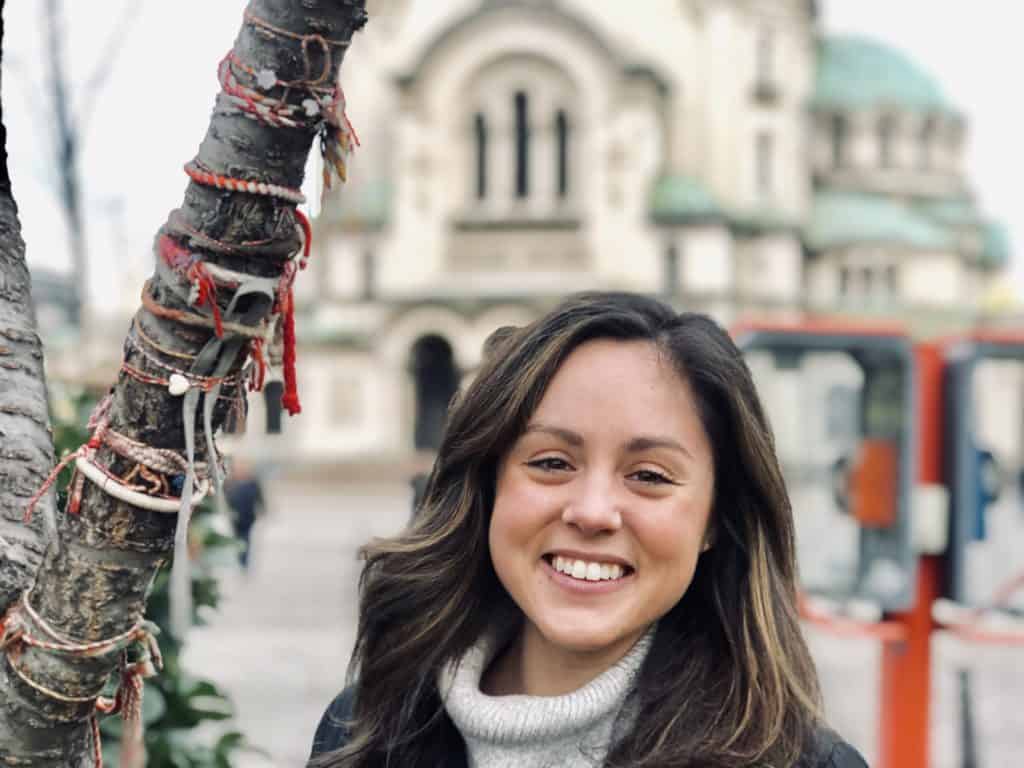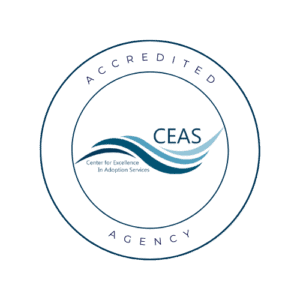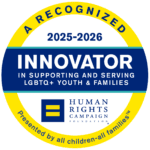By Samantha Moore
Our International Team recently visited Bulgaria and was lucky enough to witness the beginning of the spring season. Spring in Bulgaria is full of budding flowers, open-air markets, lively citizens, and tourists discovering Bulgaria’s rich culture and history.
To our delight, more than just flowers are springing forward this season in Bulgaria. Through visits with our partners and child welfare professionals in Bulgaria, we learned about the many ways that the child welfare system has been improving the lives of children in care. We are excited to share these positive shifts with YOU, our prospective adoptive parents, and our adoption community!
Our team spent valuable time with our partners at ANIDO Association (ANIDO) and learned more about the shifts in child welfare that have been positively impacting the lives of children. ANIDO is a reputable non-governmental organization (NGO) in Bulgaria that has been supporting children and families since 1998. They have long been at the forefront of child welfare advocacy efforts. ANIDO supports policies that benefit children living in care and that help children connect to a permanent, loving home faster—whether that be domestically in Bulgaria or through intercountry adoption.
Here are just a few of the ways that we learned that ANIDO and Bulgaria’s Central Authority, the Ministry of Justice, have been working towards improving the lives of children and increasing the likelihood that each child will be able to join their forever family:
SHORTER TIMELINES FOR ADOPTION REGISTRATION & PERMANENCY

As a Hague Convention country, Bulgaria continues to exhaust all domestic options for permanency for children before looking to intercountry adoption. However, new guidelines limit how long a child is allowed to wait for reunification with their biological family all the while balancing these timelines with intentional supports and resources. The new guidelines also create shorter deadlines for finding a domestic adoptive family in Bulgaria.
These changes are allowing children to be registered into the Bulgarian adoption registry more quickly, increasing the number of children that are available for intercountry adoption and, ultimately ensuring that children are placed in permanent, loving homes sooner.
“FAMILY-LIKE CARE” CENTERS AS BEST PRACTICE
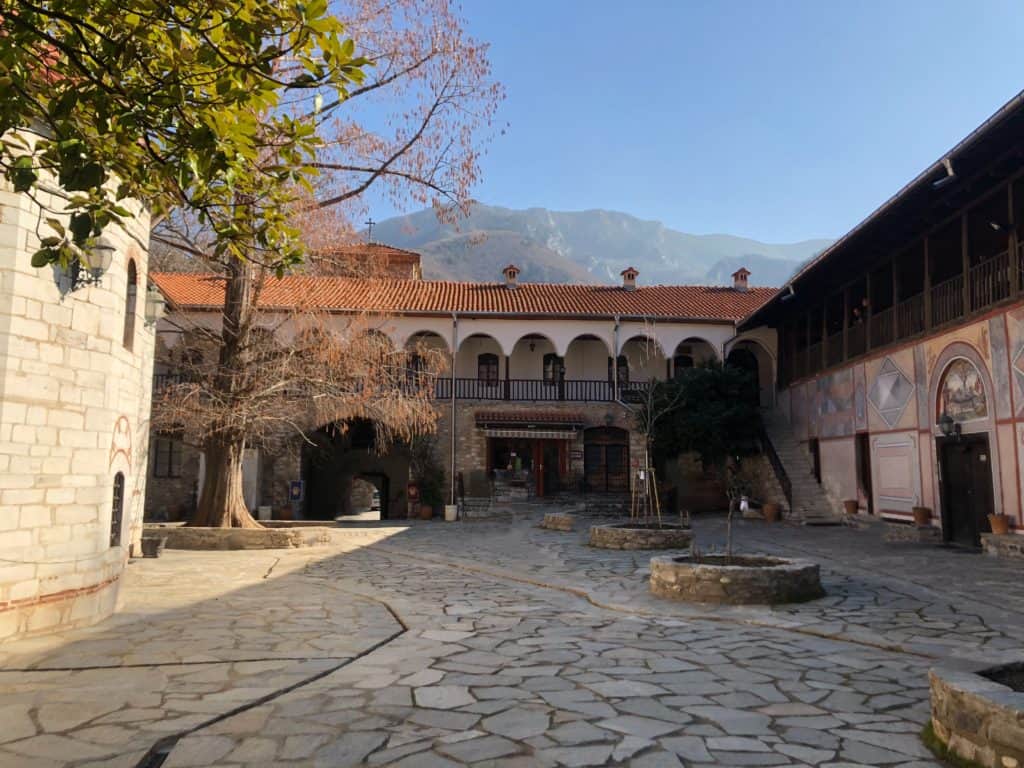
In an effort to provide a more familiar setting for children in care, “Family-Like Care” Centers have been established throughout Bulgaria. Historically, Bulgaria had a system of institutions that housed large numbers of children. However, child-focused changes have been made to restructure Bulgaria’s child welfare system, and to expand the presence of “Family-Like Care” Centers throughout the country.
“Family-Like Care” Centers are smaller in scale than traditional alternative care settings. The new guidelines limit the number of children living in each ‘Family-Like Care’ Center to no more than 14. These centers are staffed with qualified caregivers who receive training on how to support children in care through tough transitions and to prepare children for adoption or reunification with their biological family, whichever their pathway to permanency may be. These centers were designed specifically with a family model in mind, and given the limited maximum capacity maintained at each center, the caregivers are able to provide more specialized care to each child.
ENCOURAGING CHILD-FOCUSED FAMILY RECRUITMENT
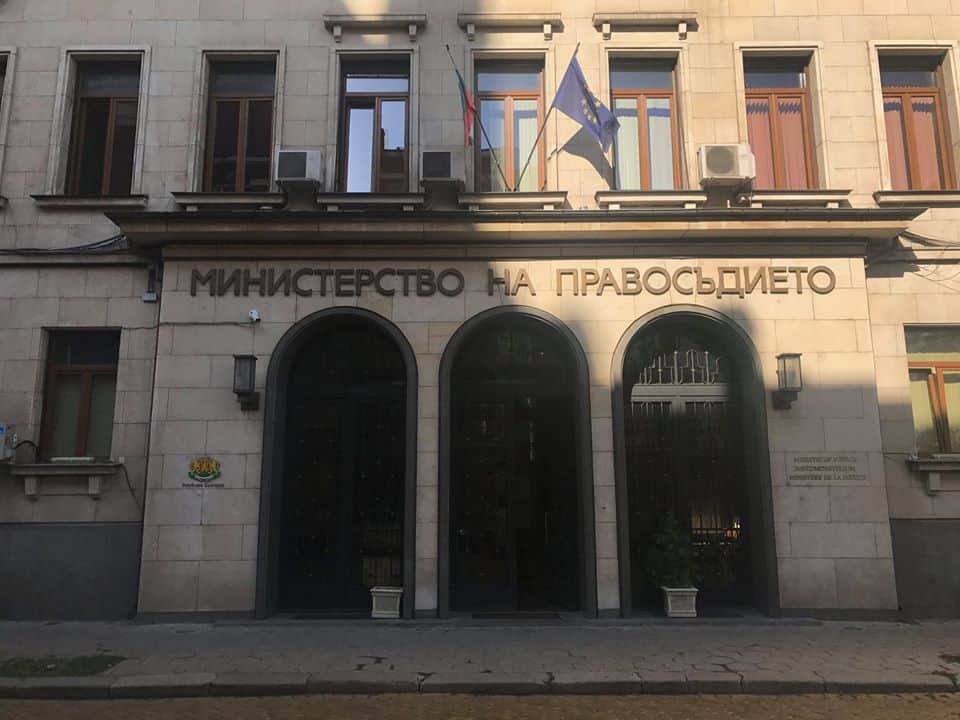
Bulgaria and our partners at ANIDO encourage child-focused adoptive family recruitment. They understand the vital importance of providing a realistic picture of who the children in need of adoption are, and supporting pre-adoptive families in their preparation to parent. ANIDO has worked closely with the Ministry of Justice to provide Spence-Chapin with realistic and detailed information about the commonly presented special needs of the children living in care.
After all biological and domestic options for a child have been exhausted in Bulgaria, the next step is for the child to become registered as eligible for intercountry adoption. In Bulgaria, there are two adoption registries that are used for children to be matched with pre-adoptive families who have registered dossiers with the Ministry of Justice: the ‘Common Registry’ and the ‘Special Needs Registry.’ The first registry, or the ‘Common Registry’ is the initial step on a child’s path towards permanency – and all children, regardless of their needs, are registered on the ‘Common Registry’ when they become eligible for intercountry adoption. If a child is not matched with a family from the ‘Common Registry,’ the next step is to move the child’s profile to the second registry, which more often than not means they join a list of children who present with special needs or special characteristics. In the case of Bulgaria, special characteristics may be defined as special medical needs, or being school-aged or a member of a sibling group. In an effort to connect children to a permanent family sooner than later, it is our goal to match children with a family while they are still on the ‘Common Registry, rather than being moved to yet another registry – an additional step that delays their process further.’ With this in mind, we seek to find families who are open to a wide range of special needs so that the next child who has a specific diagnosis, such as unpredictable developmental delay or of Down Syndrome, can be matched immediately upon registration in the Common Registry
Our team is encouraged by these shifts in child welfare that are impacting children’s lives every day in Bulgaria and look forward to the Spring of 2020 being full of engagement with pre-adoptive families interested in learning more about adoption from Bulgaria.
We’re excited to speak with you! We would love to tell you more about our program in Bulgaria. Visit our website or reach out to us by phone at 212-400-8150 or email at: [email protected].
Samantha Moore is a Licensed Master Social Worker and currently serves as the Director of International Adoption at Spence-Chapin Services to Families & Children. Samantha has over 7 years of experience working clinically with adults, adolescents and young children. Samantha joined Spence-Chapin’s team in 2014 and has been supporting adoptive parents in building their families through international and domestic adoption ever since. Throughout her time with Spence-Chapin, Samantha has provided home study services, post-adoption resources to adoptive families, and case management support for families adopting internationally. In her current role, Samantha communicates regularly with Spence-Chapin’s Foreign Supervised Providers in Bulgaria, Colombia and South Africa as well as with US Citizenship & Immigration Services (USCIS) and adoptive families who are living around the world. Samantha received both her bachelor’s and master’s degrees in Social Work from Fordham University and holds a J.D. from New York Law School.

